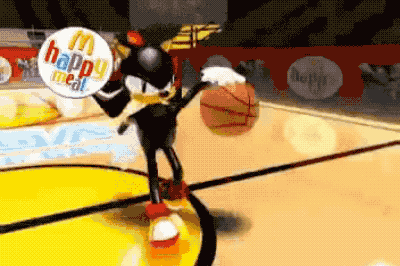The Morning After: Monday, December 4th 2017
Monday slam.
Hey, good morning!
We're back to the start of the week, and Samsung is looking into palm reading. It's also been 25 years since the first text message was sent, which is making us feel a little old.
Samsung envisions phones that read your palm
There's a good possibility that you've forgotten a password and had to get hints or recover it. But the process for that isn't very trustworthy -- intruders can guess security questions. Samsung might soon have a subtler way of helping you remember your password, though: through palm reading... of a kind. A recent patent application shows that Samsung has been exploring a system that would scan the unique lines on your palm and use them to display hints in the form of incomplete characters. You'd get a nudge in the right direction, but nothing so obvious that a thief could guess it (even if they could use your hand).
A lot has changed in a quarter century.
Engineer Neil Papworth sent the first SMS on December 3rd, 1992, when he wrote "merry Christmas" on a computer and sent it to the cellphone of Vodafone director Richard Jarvis.
Neil Young's huge online music archive opens to the public
Neil Young has been talking up his giant online archive for ages, but he's finally ready to deliver on his promises. The simply-titled Neil Young Archives have launched and include all the media he has produced to date. And we do mean everything -- every song Young has made is available to stream for free (until June 30th 2018) through his Xstream Music service, including unreleased tracks.
NASA wakes up Voyager's slumbering thrusters 37 years later
NASA's Voyager 1 has been drifting farther and farther away from our planet for the past 40 years. Now, the agency has ensured that it can maintain contact with the farthest spacecraft from Earth for at least two to three more years by waking up a set of backup thrusters it hasn't used since 1980.
But wait, there's more...
The Morning After is a new daily newsletter from Engadget designed to help you fight off FOMO. Who knows what you'll miss if you don't Subscribe.
Craving even more? Like us on Facebook or Follow us on Twitter.
Have a suggestion on how we can improve The Morning After? Send us a note.







